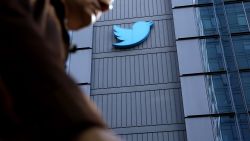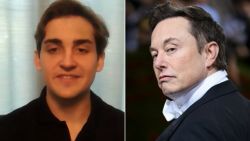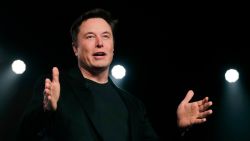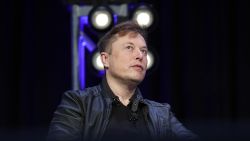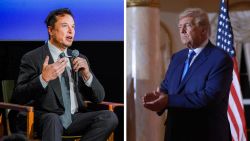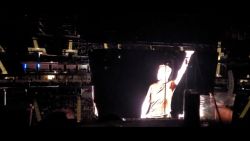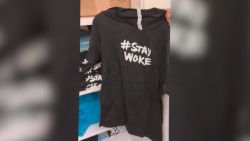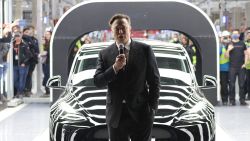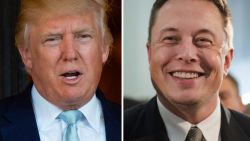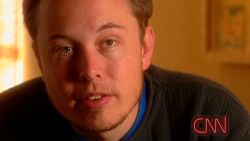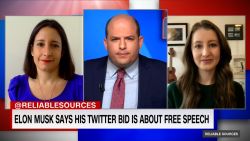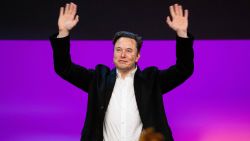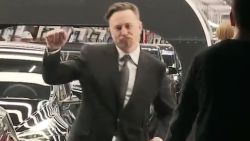Both the US Securities and Exchange Commission and Tesla CEO Elon Musk are standing their ground in federal court.
What happens next will be up to Judge Alison Nathan, who’s tasked with weighing the SEC’s request that Musk be held in contempt for violating the terms of a settlement agreement reached last fall. In the coming days, she’s expectedtoschedule a hearing. Then she’ll make a decision.
Potential consequences for Musk include a fine, further limits to his social media use and his removal as CEO of Tesla, according to legal experts. Nathan could also toss out the settlement with the SEC, effectively reopening the agency’s litigation against Musk and Tesla.
The biggest wild card is the SEC’s claim, made in a court filing this week that Musk had not once sought pre-approval for his tweets since agreeing to a settlement deal that mandated he do so.
“This raises broader issues for the judge,” including whether Tesla and Musk are both out of compliance, said Doug Davison, a partner at the law firm Linklaters and former SEC counsel.
SEC battle
The battle between Musk and the SEC goes back to August, when Musk tweeted that he had secured funding to take Tesla private at $420 a share. Tesla’s stock soared after his announcement.
The problem was he hadn’t secured the funding, according to the SEC. In September, the regulator filed a lawsuit against Musk, claiming he misled investors. The SEC wanted a judge to remove Musk as CEO and chairman of the board.
Musk settled in October. He agreed to pay $20 million and step down as chairman of Tesla, but remained CEO. The settlement also included a condition that Musk get pre-approval before sending social media posts containing information that is material to investors.
But in late February, the SEC said Musk had breached the provisions of the deal.
Regulators cited a tweet from February 19 in which Musk said Tesla would build 500,000 cars in 2019. He then tweeted a clarifying message that Tesla would reach an annual production rate of 500,000 cars by the end of the year, but would actually make only 400,000 cars in 2019.
The SEC said Musk had not asked for or received company approval before sending the tweet, as required by the settlement.
Musk fired back last week, arguing that the tweet didn’t contain material information about Tesla, that he diligently tried to follow the court settlement, and that the SEC’s request is a breach of his constitutional right to free speech.
The SEC responded Monday that it was “stunning” that the billionaire business leader had continued to fire off tweets about Tesla — apparentlywithout ever consulting others at the company.
What’s next
Lawyers representing Musk want another chance to respond. They’re seeking permission from the judge to address “unsupported assertions” made by the SEC and to submit additional documents.
It’s not clear whether Nathan will grant that request.She doesn’t have to say yes, and it typically requires unusual circumstances, said Peter Haveles, partner in the trial and dispute resolution group at the law firm Pepper Hamilton.
More likely, she’ll decide to “keep things moving” and schedule a hearing, he said.
Haveles predicts that Nathan will ultimately be tough on Musk, especially because it’s now clear that had not requested pre-approval for a single tweet.
“Because it’s a more repetitive course of conduct, I believe it will be a sterner penalty,” Haveles said. He predicted a hefty fine and a clear reprimand that would communicate to Musk that he can’t step out of line again.
The sideshow in New York federal court comes as Tesla and Musk have plenty of other headaches to address.
Analysts are closely charting the company’s ability to deliver cars in Europe and China.
And just last week, Tesla unveiled the Model Y, its mass-market electric SUV. But many questions remain unanswered, including how fast Tesla can scale production to meet demand.
“The company continues to have many moving parts,” Loup Ventures’ analysts Gene Munster and Will Thompson wrote in a note Tuesday. “Any lumpiness in the story will give momentum to the view that Tesla will run out of money.”
— CNN Business’ Ahiza Garcia contributed to this report.



